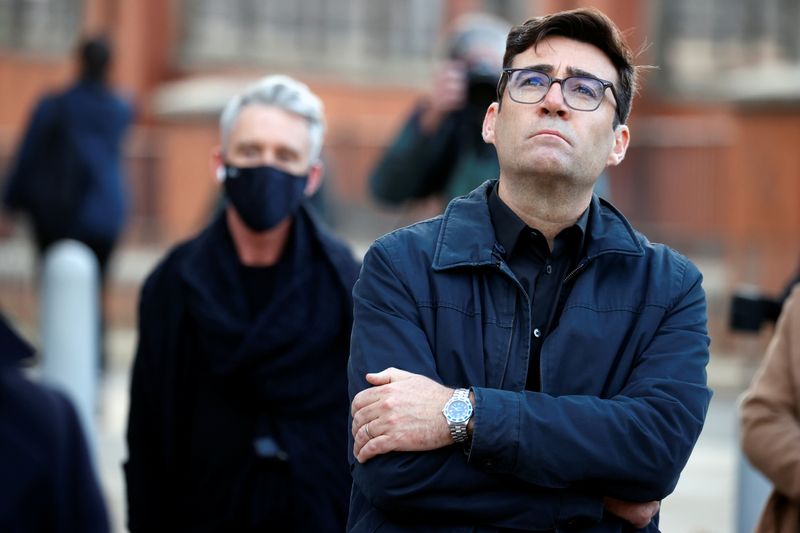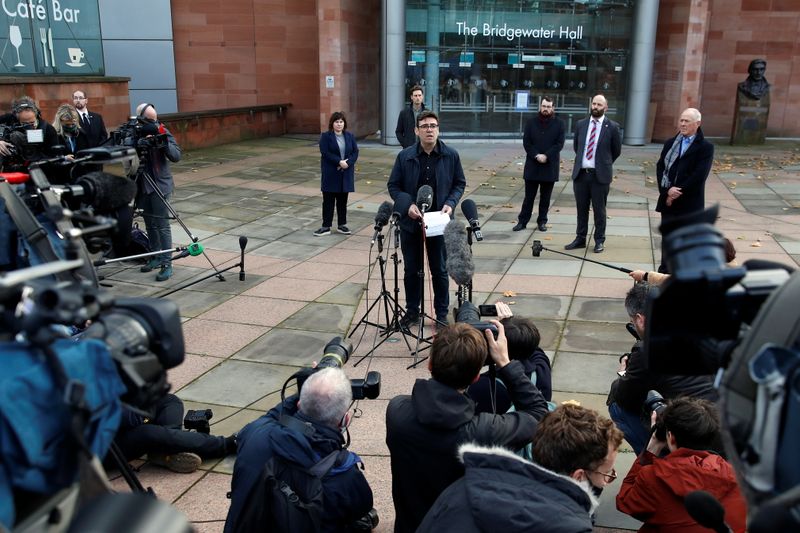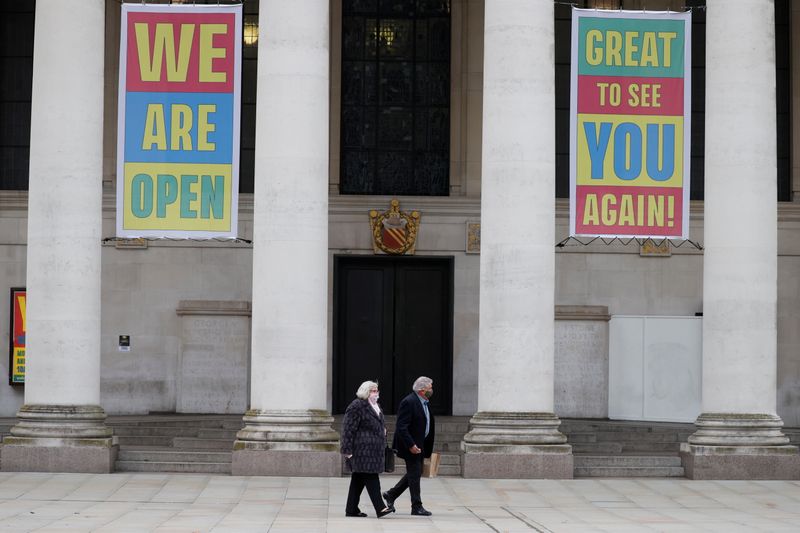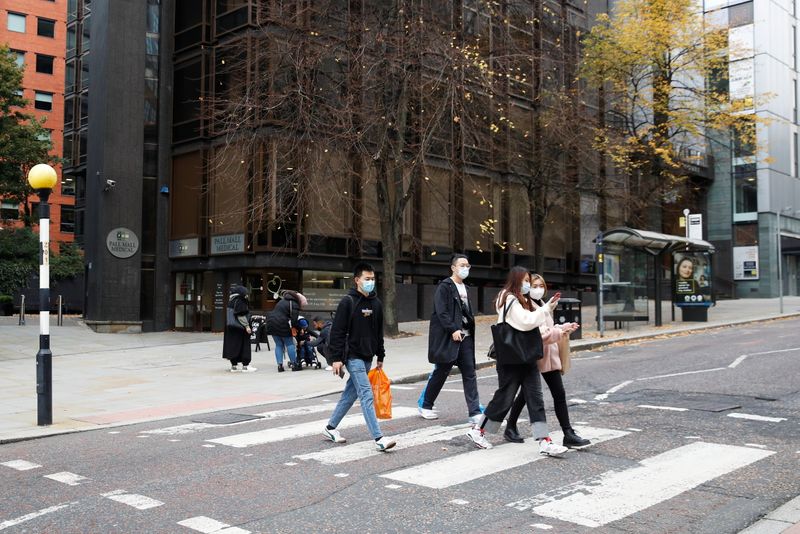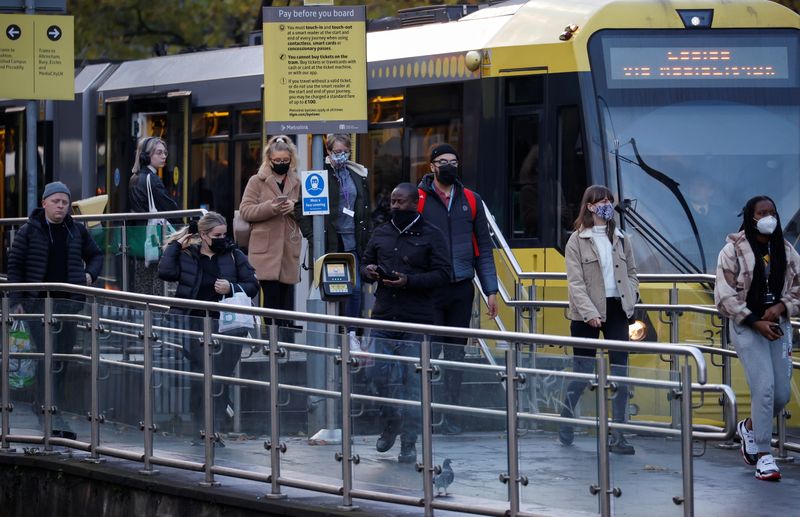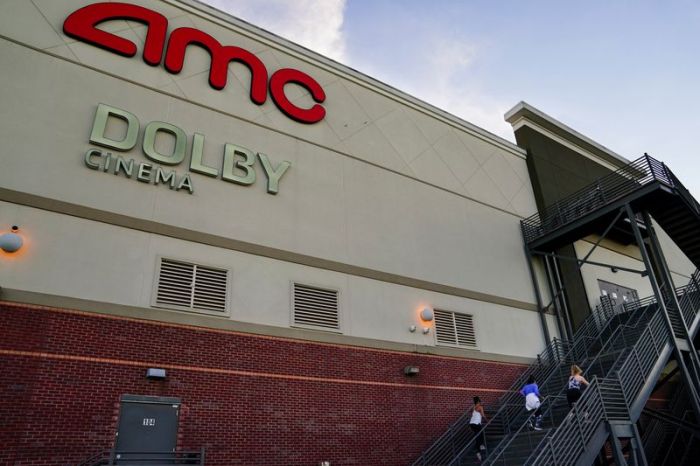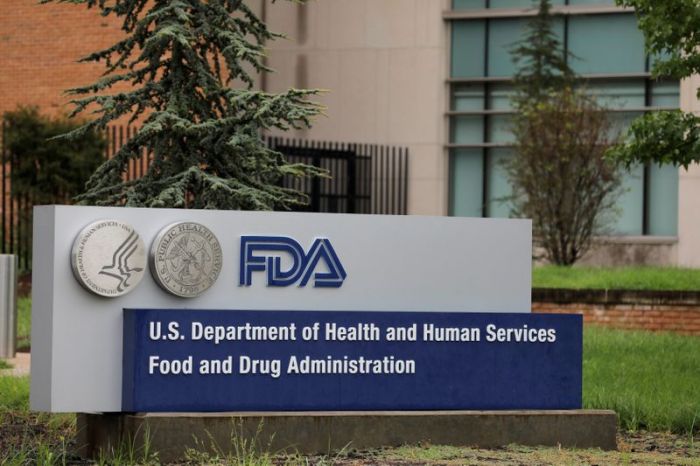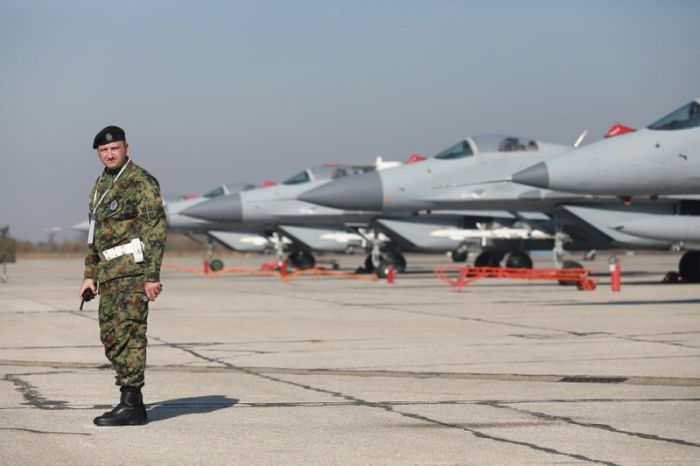LONDON (Reuters) – British Prime Minister Boris Johnson said on Tuesday he would impose tougher lockdown restrictions on the Greater Manchester region in northern England despite failing to reach a deal on funding support with local leaders.
Britain – the worst-hit European nation during the COVID-19 pandemic with nearly 44,000 related deaths – is now seeing a second wave of the virus, recording 21,331 new cases and 241 deaths on Tuesday.
Johnson is resisting pressure for a second national lockdown, fearful of the disastrous economic effects, and instead pursuing a localised strategy of imposing three tiers of increasingly stringent restrictions in virus hotspots in England.
The plan has been resisted by leaders in the north, where the worst of the latest outbreaks are concentrated, who say the government isn’t providing them with enough financial support to cope with the tightest restrictions.
Johnson unilaterally imposed top tier restrictions – which include the forced closure of pubs which do not serve food and an advisory not to travel in or out of the region – after talks with local leaders about a voluntary move into the tier failed.
“This evening, informed by the data we have just seen, I can announce that Greater Manchester will move to the Very High alert level,” Johnson told a news conference.
He said the restrictions would start on Friday and that he regretted the failure of the talks: “we would have a better chance of defeating the virus if we work together.”
Earlier, Manchester’s Labour mayor Andy Burnham told a news conference that the government had failed to meet the minimum amount needed by the region to protect its poorest, and that it was ministers who had walked away from talks.
“At no point today, were we offered enough to protect the poorest people in our communities through the punishing reality of the winter to come,” Burnham said.
(Reporting by Michael Holden, writing by Elizabeth Piper and William James; editing by Stephen Addison and Andy Bruce)

